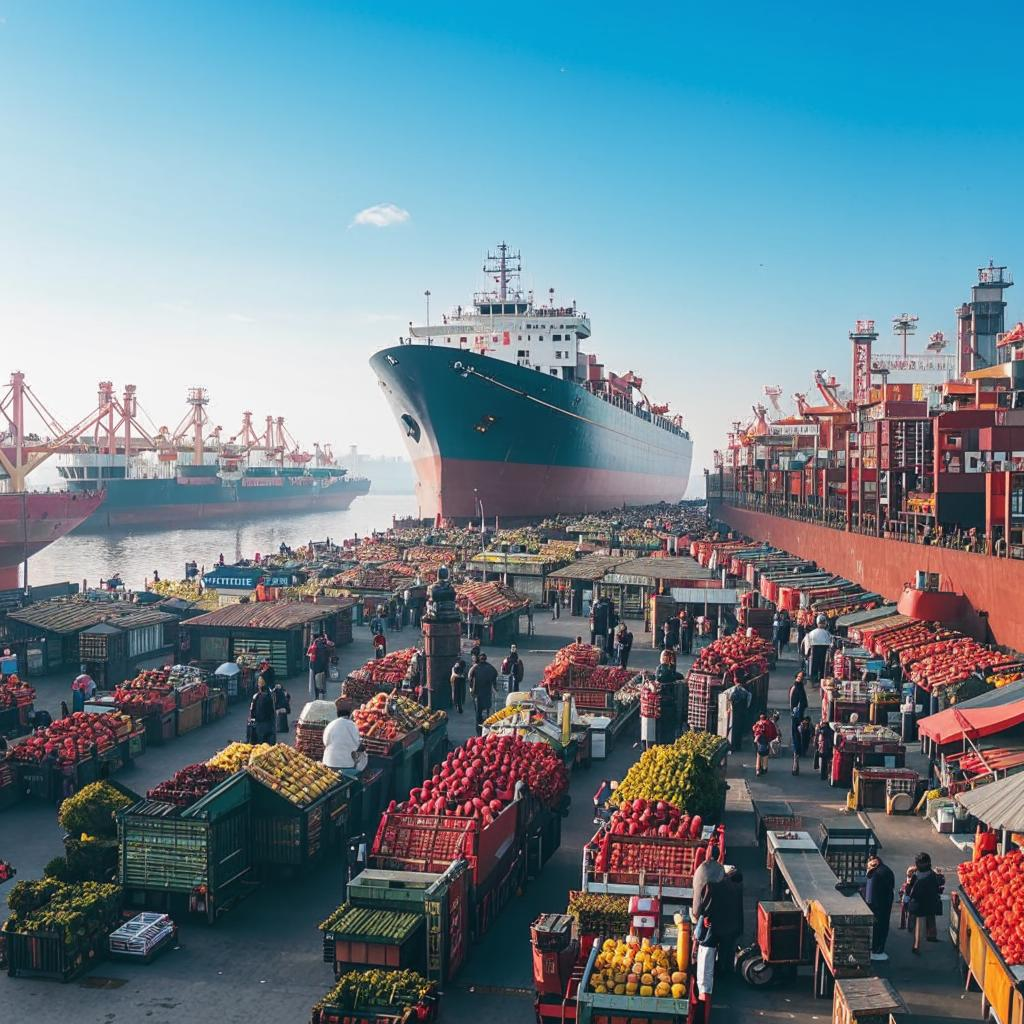A widespread selloff in commodities markets is sounding alarms about the health of the global economy. Prices for everything from copper and oil to soybeans and iron ore are tumbling, driven by concerns about slowing growth, escalating trade tensions, and weakening demand.
The recent intensification of the trade war between the U.S. and China, two of the world’s largest economies, is a primary factor. Tariffs imposed on goods traded between the two nations are disrupting supply chains and raising costs for businesses, dampening investment and production. This is particularly evident in commodities closely tied to manufacturing and construction.
Beyond trade, a general slowdown in global economic activity is contributing to the decline. Manufacturing data from various countries indicates a contraction in output, while leading economic indicators suggest a further deceleration. Investors are growing increasingly worried that these factors could trigger a broader recession.
The commodity selloff also has implications for emerging markets, many of which rely heavily on commodity exports. Lower prices for these exports can strain government budgets, reduce investment, and lead to currency devaluations. The combination of these factors paints a picture of a global economy facing significant headwinds. Investors are watching closely to see if policymakers will respond with measures to stimulate growth and ease trade tensions. How successful these interventions are will determine the degree to which the commodity selloff reflects a true economic downturn.















